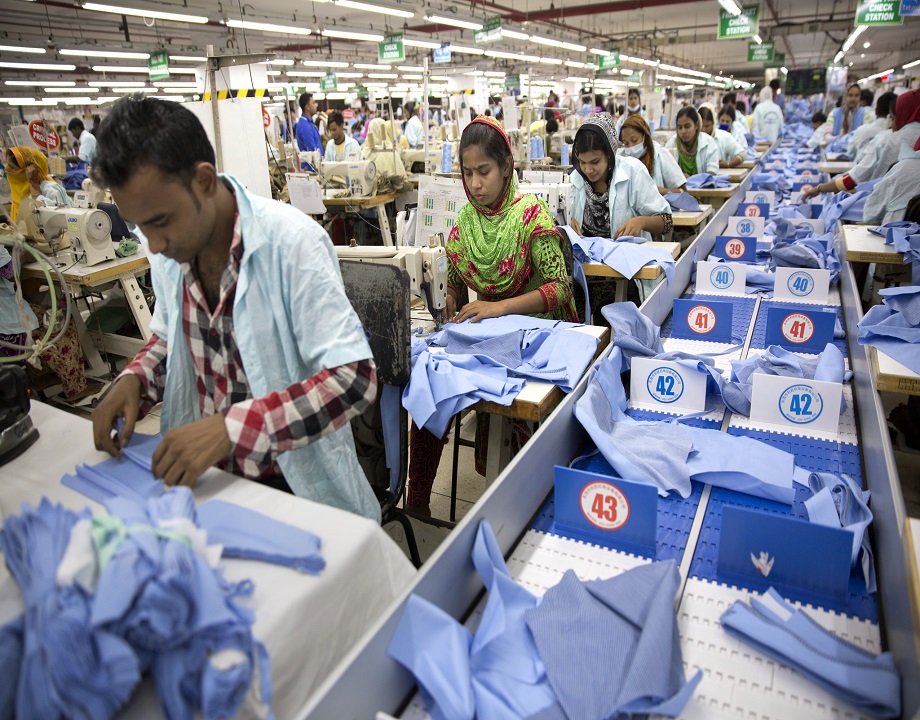Sustainability has become a crucial aspect of the textile industry, as the negative impact of textile production on the environment and society has become evident. Today, consumers are more aware of the environmental and social impact of the clothes they wear and are increasingly demanding sustainable and ethical fashion products. As a leading apparel group, Crossline Apparel Group recognizes the importance of sustainability in textiles and aims to incorporate sustainable practices into its operations. In this article, we will explore what sustainability means in textiles, the challenges facing the textile industry, and the best practices for creating sustainable and ethical fashion products.
Introduction to Sustainability in Textiles
Sustainability in textiles refers to the use of environmentally and socially responsible practices in the production of textiles and fashion products. This includes reducing waste, conserving resources, using eco-friendly materials, and promoting fair labor practices. Sustainable textile production also aims to reduce the negative impact of textile production on the environment, such as greenhouse gas emissions, water pollution, and waste disposal.
Challenges Facing the Textile Industry
The textile industry is one of the most polluting industries in the world. Textile production has a significant impact on the environment, including water pollution, air pollution, and greenhouse gas emissions. The fast fashion industry, in particular, is notorious for its negative impact on the environment and society, as it promotes a culture of disposability and exploitation.
Best Practices for Sustainable Textile Production
To create sustainable and ethical fashion products, textile manufacturers must adopt environmentally and socially responsible practices. Here are some best practices for sustainable textile production:
Use Eco-Friendly Materials
Using eco-friendly materials is one of the most effective ways to reduce the negative impact of textile production on the environment. Eco-friendly materials include organic cotton, bamboo, hemp, and recycled fabrics. These materials are grown without the use of harmful chemicals and are biodegradable, reducing waste and pollution.
Reduce Waste
Textile production generates a significant amount of waste, including fabric scraps, cutting waste, and packaging materials. To reduce waste, textile manufacturers can implement measures such as recycling, upcycling, and composting. By reducing waste, textile manufacturers can conserve resources and minimize the negative impact of textile production on the environment.
Promote Fair Labor Practices
The textile industry is notorious for its poor labor practices, including child labor, forced labor, and exploitation. To promote fair labor practices, textile manufacturers can implement measures such as paying fair wages, providing safe working conditions, and respecting workers’ rights. By promoting fair labor practices, textile manufacturers can create a more sustainable and ethical fashion industry.
Use Renewable Energy
Textile production requires a significant amount of energy, which contributes to greenhouse gas emissions. To reduce the environmental impact of textile production, textile manufacturers can use renewable energy sources such as solar, wind, and hydroelectric power. By using renewable energy, textile manufacturers can reduce their carbon footprint and conserve resources.
Conclusion
Sustainability in textiles is crucial for creating a more environmentally and socially responsible fashion industry. As a leading apparel group, Crossline Apparel Group can take a leadership role in promoting sustainable and ethical practices in the textile industry. By adopting best practices such as using eco-friendly materials, reducing waste, promoting fair labor practices, and using renewable energy, Crossline Apparel Group can create a more sustainable and ethical fashion industry.

